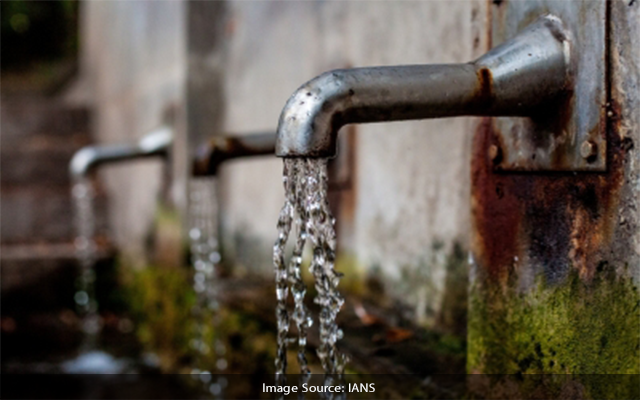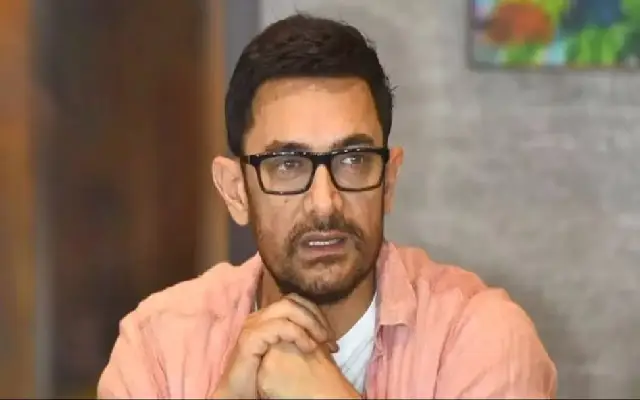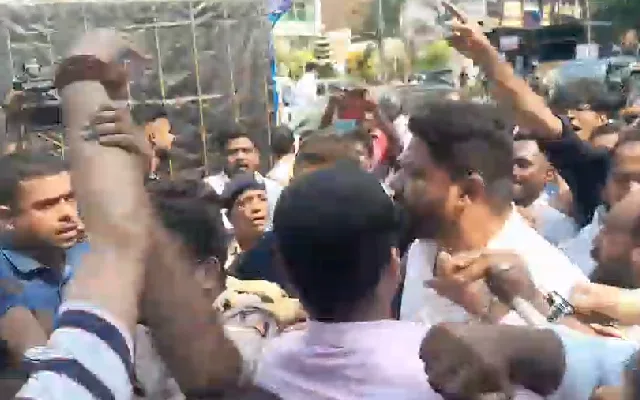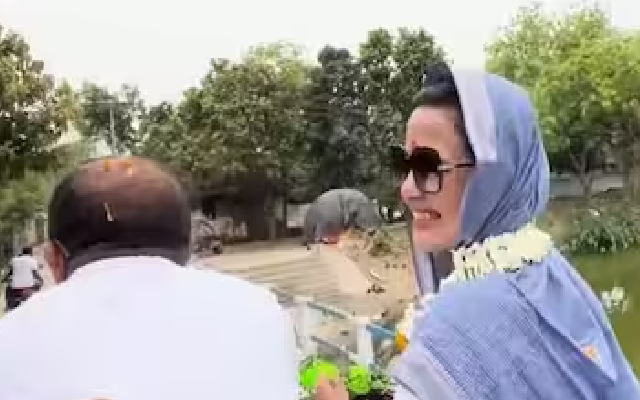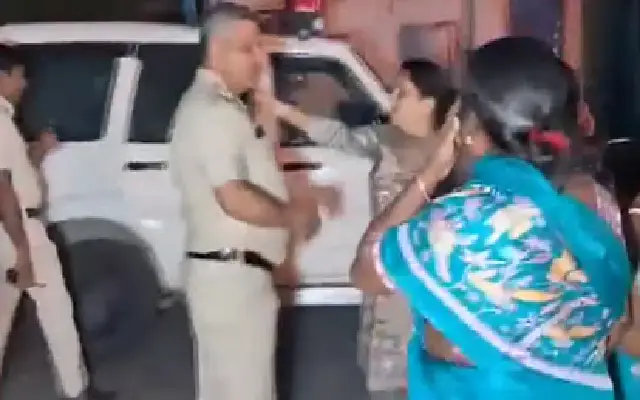New Delhi: Aimed at speedy implementation of the Jal Jeevan Mission (JJM), the Centre has released a second tranche of Rs 360.95 crore to Uttarakhand, with 7.53 lakh (49.60 per cent) out of 15.18 lakh rural household getting tap water supply in their homes in the state.
This allocation is part of the Rs 1,443.80 crore allocated in 2021-22, which, in turn, is four times the allocation made during 2020-21. Prior to this, in two tranches, the Centre has already released Rs 721.90 crore to the state in 2020-21, a release from the Jal Shakti Mantralaya said. Uttarakhand plans to become ‘Har Ghar Jal’ state by December 2022, two years ahead of the national goal of ‘Har Ghar Jal’.
According top priority to make provision of tap water supply in every rural household across the country, for which since August 2019, Jal Jeevan Mission is under implementation in partnership with states.
Expediting the process of approval of big multi-village drinking water supply schemes, in last two months, schemes worth Rs 714 crore for 58 thousand homes in 846 villages spread across 11 districts of Uttarakhand benefitting more than three lakh people have been approved by the state-level scheme sanctioning committee (SLSSC).
“This will immensely reduce the drudgery faced by women and children, who spend many hours every day fetching water from distant water sources,” a release from the Ministry of Jal Shakti said.
On August 15, 2019, at the time of launch of Jal Jeevan Mission, only 1.30 lakh (8.58 per cent) rural homes had tap water supply. In 28 months, despite Covid19 pandemic and lockdown disruptions, the state has provided tap water connection to 6.22 lakh (41.02 per cent) households.
Thus, as on date, out of 15.18 lakh rural households in the state, 7.53 lakh (49.60 per cent) are getting tap water supply in their homes. Despite adverse weather conditions and challenges of transportation in many areas in this difficult terrain, water supply work is in full swing to make provision of tap water supply in villages.
In 2021-22, the state plans to provide tap water connections to 2.64 lakh households. So far every rural household 2,438 villages and 620 blocks have been provided tap water supply.








